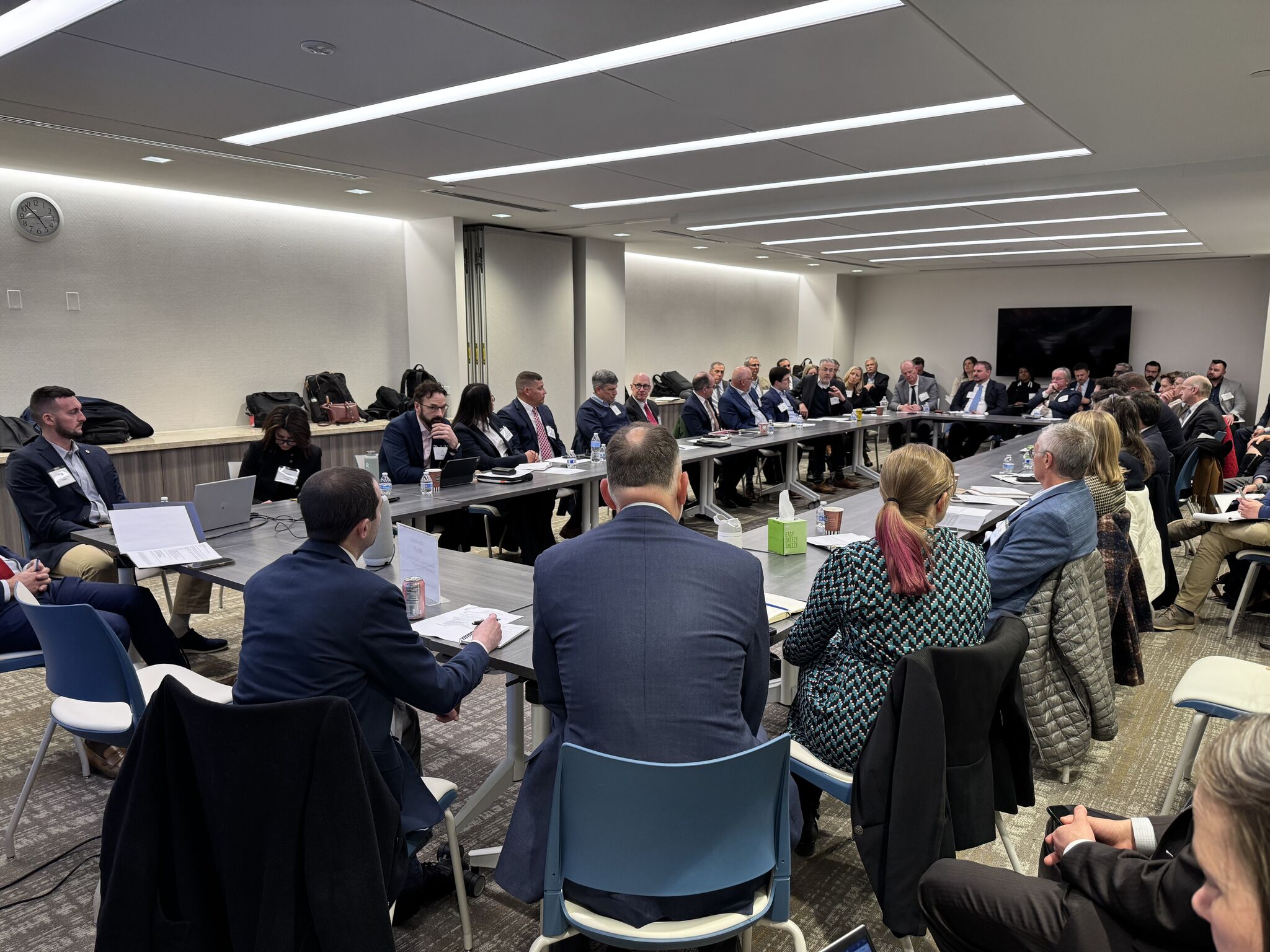FBI: China Cyberattacks on US Infrastructure Reach New Level

The Chinese government’s attempts to virtually attack U.S. infrastructure have reportedly reached new levels.
That’s according to FBI Director Christopher Wray, who said Sunday (Feb. 18) that such efforts were happening on “a scale greater than we’d seen before,” calling them a defining threat to national security, per a Wall Street Journal report.
According to the report, Wray mentioned Volt Typhoon, the Chinese hacking network that was revealed last year to be dormant inside U.S. critical infrastructure, with malware that needed only be triggered to disrupt that infrastructure.
“It’s the tip of the iceberg. … It’s one of many such efforts by the Chinese,” he said.
China, he had said earlier, is increasingly inserting “offensive weapons within our critical infrastructure poised to attack whenever Beijing decides the time is right.”
Wray’s comments came days after OpenAI and Microsoft said they had disrupted attempts by state-sponsored hackers from China and four other countries who had tried to use OpenAI’s artificial intelligence (AI) technology for malicious purposes.
“Although the capabilities of our current models for malicious cybersecurity tasks are limited, we believe it’s important to stay ahead of significant and evolving threats,” OpenAI said on its blog. “To respond to the threat, we are taking a multipronged approach to combating malicious state-affiliate actors’ use of our platform.”
Among the incidents cited by the companies was one in which Charcoal Typhoon, a group connected to China, used OpenAI’s services to generate content the company said was most likely meant to be used for phishing campaigns.
Meanwhile, recent research by PYMNTS Intelligence finds that a notable number — 40% — of consumers want greater data protection when transacting online.
“The fact that digital enthusiasts, who are more inclined to use digital shopping features, also prioritize data protection suggests that there is a heightened awareness among this group about the risks associated with online transactions and the importance of safeguarding personal information,” PYMNTS wrote. “This finding underscores the necessity for businesses to prioritize robust data protection measures to cater to the needs and concerns of this group.”
In addition, research found that 77% of consumers say that strong data security is a critical factor influencing their willingness to use a payments and credentials vault. And 58% said they were at least somewhat likely to do business with merchants that link their services to a payments and credentials vault.
Related
How SenseiNode Is Building Proof-of-Stake Infrastructure in Latin America
A lot of attention is paid to the decentralization of the Bitcoin network.Bitcoin miners should set up shop in a number of different jurisdictions in order to p
The Infrastructure of Racial Justice Is Under Attack. We Must…
President Donald Trump began February with a proclamation that Black History Month offered “an occasion to celebrate the contributions of so many Black Am
Bomb threat found “non-credible”: American Airlines after Delhi-bound flight diverted…
American Airlines has said that the "bomb threat on board", due to whi
Big infrastructure investment plans take shape in America
Amtrak and dozens of major industry partners representing construction, manufacturing, rail supply, engineering, and other sectors convened for an industr













